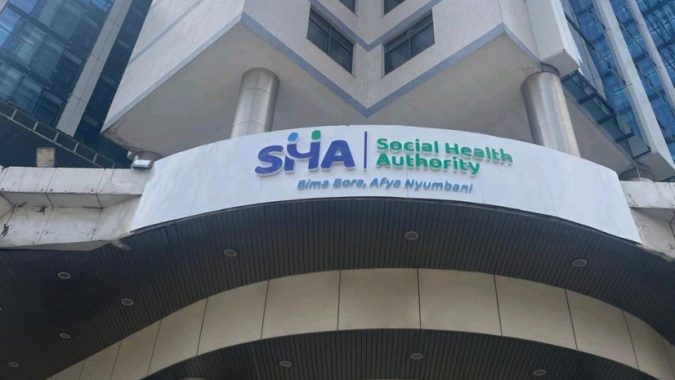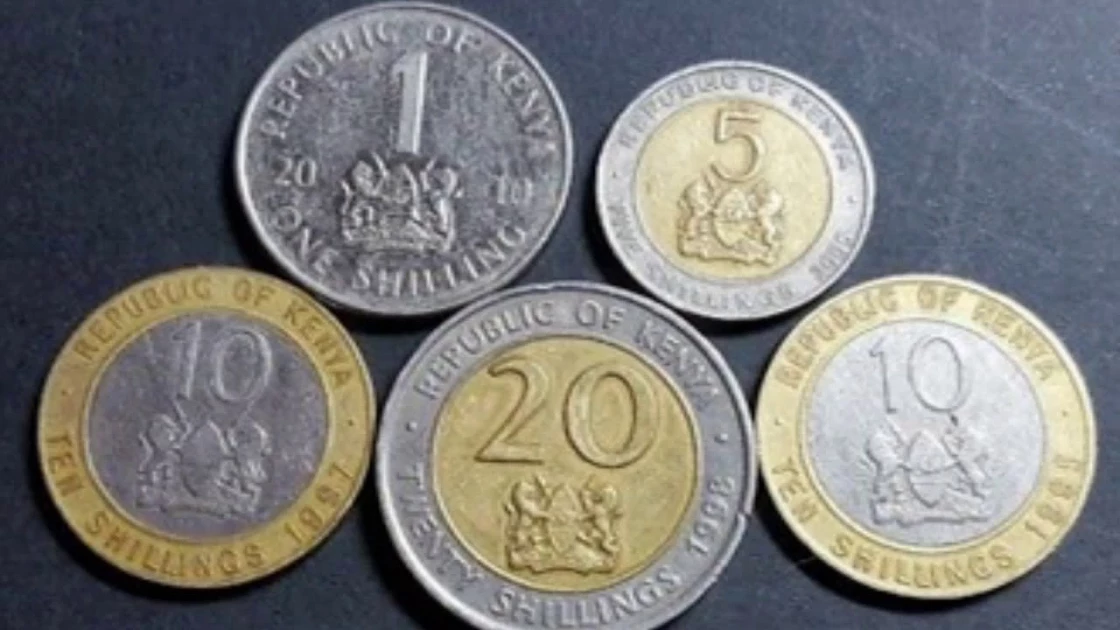
In a sudden policy move that could affect thousands of Kenyans, the Social Health Authority (SHA) today issued a formal notice instructing members on how to obtain refunds for incorrect premium payments made via M-Pesa. The announcement comes amid growing public outcry over financial errors in the new insurance scheme.
How to Get Your Money Back — SHA Sets Stringent Requirements.
According to the notice released Wednesday, affected users must submit specific documents to trigger the refund process:
A copy of the M-Pesa statement showing the wrong payment.
A valid National ID, Alien ID, or passport.
A signed refund request letter addressed to the SHA CEO SHA says claimants may either email scanned copies of these documents to designated authority addresses or deliver originals to the nearest SHA County Office or Huduma Centre across Kenya. The authority emphasized that all submissions must be clear and legible to expedite verification.
Refund processing will only commence once SHA verifies that each claim is valid and meets the documentation standards.
Context: A Tense Moment for SHA and Health Policy.
This move arrives just days after Health Cabinet Secretary Aden Duale unveiled a new premium floor—KSh 660 monthly—for vulnerable Kenyans under SHA’s expanded health insurance plan. The refund notice underlines how the SHA’s digital payment systems are under scrutiny.
Submissions of wrong payments have raised questions about user interface clarity, transaction routing, and public trust in the scheme.Critics have long warned that systems rolled out at scale with automation must also include robust error correction mechanisms — refunds, reversals, oversight — or risk alienating users.
Likely Fallout & What to Watch For.
1. Validation Bottlenecks.
Given the detailed documentation requirements, many ordinary citizens might struggle to compile what’s needed. Delays or rejections may fuel frustration.
2. Status of Disputed Cases.
Users who already lodged complaints over M-Pesa anomalies will demand priority processing or special treatment in light of the new policy.
3. Public Confidence TestSHA’s handling of these refunds could make or break public trust in its broader insurance program. If the process appears opaque or sluggish, legal action and protests may follow.
4. Technical Audits.
SHA and partners (e.g. M-Pesa / Safaricom) might now face demand for audit trails, transaction logs, and system reviews to show how mis-routing occurred and to prevent future errors.







